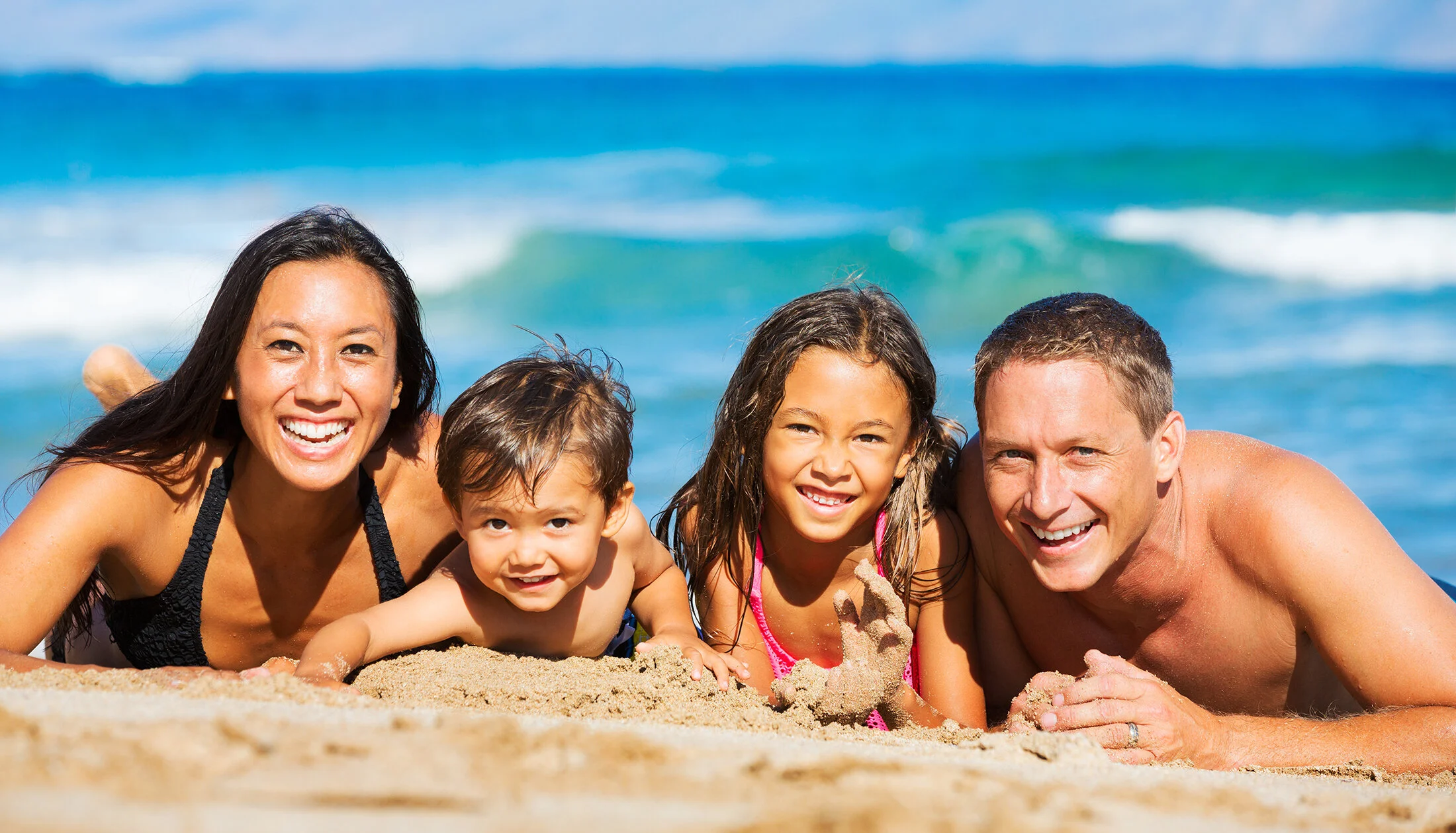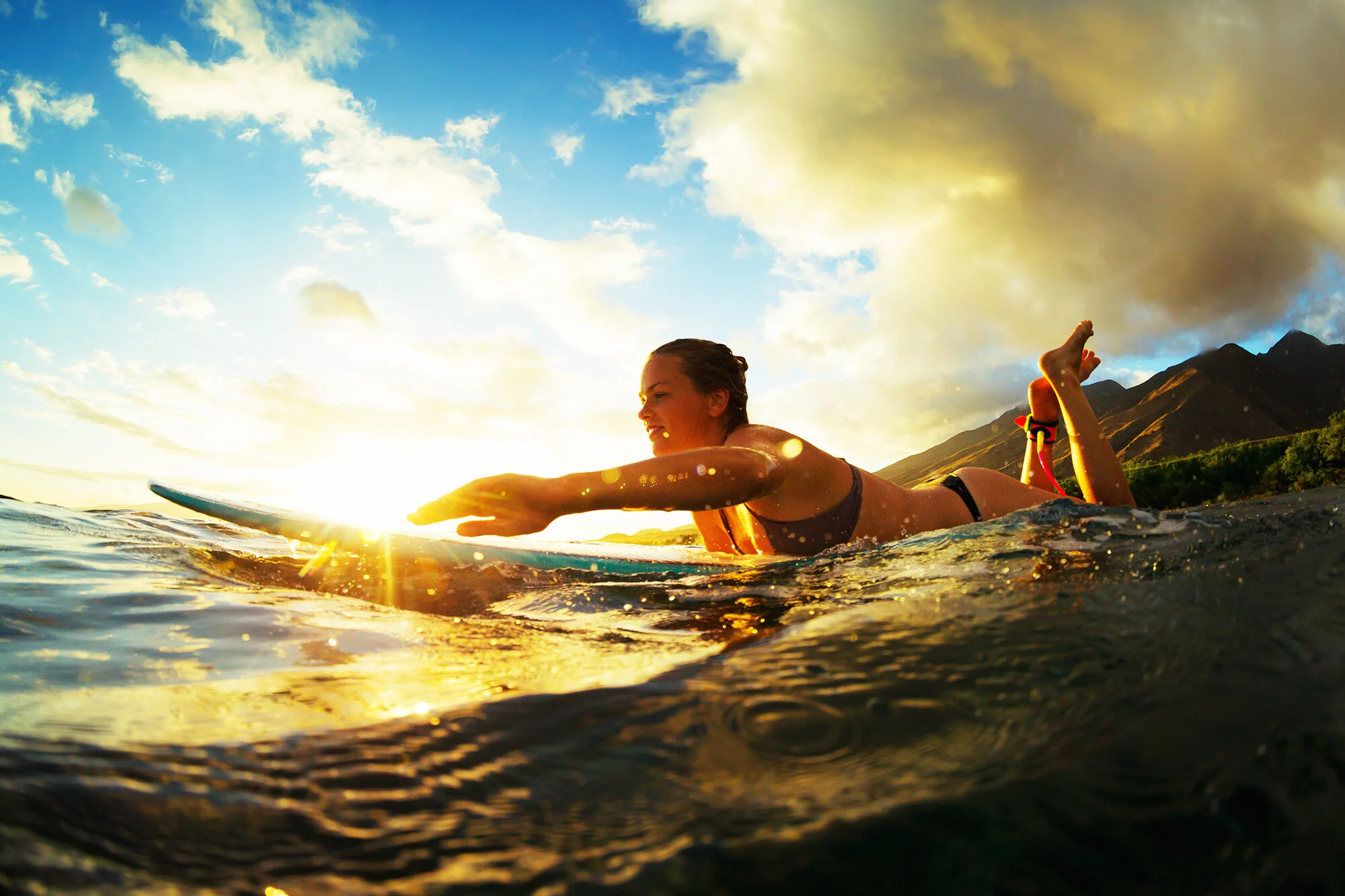Aloha Ohana!
Here are a few low-cost, easy-to-implement ways to beat the heat this summer.
Hydrate regularly. Water is low-cost, abundant, and accessible. Water makes up about 60 percent of our body weight and is vital for almost every function in the body. Proper hydration can reduce fatigue and improve endurance.
Eat lighter. Eating salads, full of high-water-content fruits and vegetables, won’t tax and overheat your digestive system.
Change light bulbs. Long-lasting LED bulbs produce about 70 percent less heat than standard incandescent light bulbs.
Make a cold compress. Fill a cotton sock with rice, tie the sock with twine, and freeze it for two hours before bedtime. Then slide it between the sheets. The dense and starchy rice retains cold for a long period to help you sleep better.
Spice it up. The people of Mexico and India, two nations known for their sweltering climates, well know that eating hot stuff can help them stay cool. For example, chili peppers contain capsaicin, a chemical compound that can make you perspire, which is the body’s natural air-conditioning system.
Block the sun with curtains and shades. As much as 20 percent of summer heat enters your home as sunlight pouring through windows.
Create a frozen fan. It may be old tech but it works. Turn on and aim a simple house fan at a big bowl filled with ice. The cool air will circulate, lowering the room temperature to help keep you cool.
Get misty. To a cup of brewed and chilled green tea, add 2 tablespoons of strained cucumber juice, 1 tablespoon of aloe vera gel, and 1-2 drops of your favorite essential oil, like rose water or peppermint. Pour into a spray bottle, shake and store in the refrigerator. When you’re running hot, give yourself a cool, refreshing spritz.
To stay comfortable all summer long, simply remember your ABCs: Always Be Cool :)











































